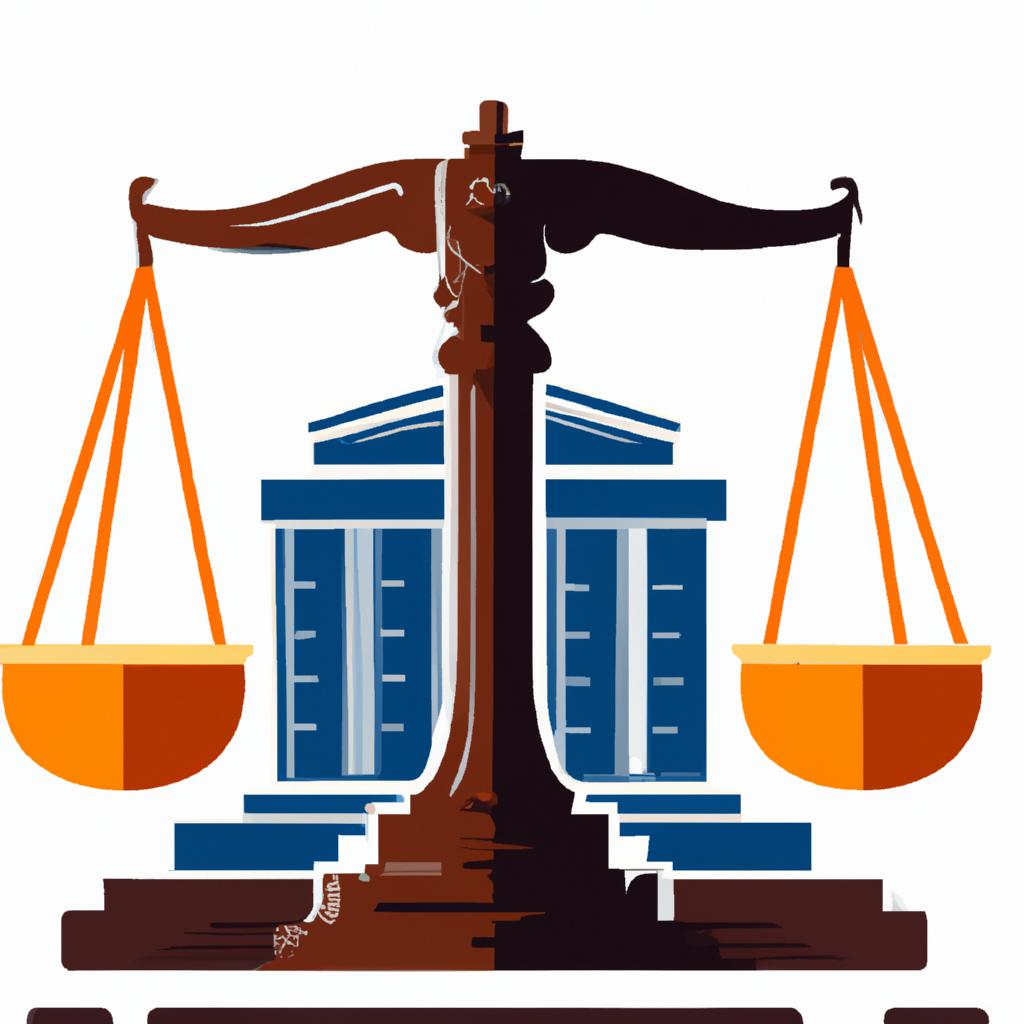When it comes to planning for the future and ensuring your assets are distributed according to your wishes, two common legal documents come to mind: wills and trusts. While both serve as effective tools for estate planning, there are key differences between the two that individuals should be aware of. At Morgan Legal Group, located in the heart of New York City, our team of experienced lawyers specializes in estate planning, probate, elder law, wills, and trusts. In this article, we will delve into the intricacies of wills and trusts, exploring their distinctive features and helping you determine which option best suits your individual needs.
Will vs. Trust: Understanding the Key Differences in Estate Planning Documents
When it comes to estate planning, understanding the key differences between a will and a trust is crucial. While both documents allow individuals to dictate how their assets will be distributed upon their passing, there are significant distinctions between the two.
Wills:
- Generally public documents that go through probate court.
- Allows individuals to name guardians for minor children.
- Can be updated or revoked at any time.
Trusts:
- Private documents that do not go through probate.
- May provide more flexibility in asset distribution.
- Can help minimize estate taxes and provide asset protection for beneficiaries.

Choosing Between a Will and a Trust: Factors to Consider for Your Estate Plan
When deciding between a will and a trust for your estate plan, there are several factors to consider. One important factor is privacy. Wills are public documents that go through probate court, which means they become part of the public record. Trusts, on the other hand, are private documents that do not go through probate, providing a greater level of privacy for your estate.
Another factor to consider is the complexity of your estate. Wills are typically simpler to create and administer, making them a good option for smaller estates with straightforward distribution instructions. Trusts, on the other hand, can be more complex to set up and maintain, but they offer more flexibility and control over how your assets are distributed. It’s important to weigh these factors carefully when deciding between a will and a trust for your estate plan.

The Benefits of a Will: Ensuring Your Assets are Distributed According to Your Wishes
When it comes to estate planning, many individuals often wonder about the difference between a will and a trust. While both serve as important tools for distributing assets, they have distinct differences that can impact how your estate is managed. One key difference is that a will only goes into effect after your death, whereas a trust is effective immediately upon creation.
Another key difference is that a will must go through the probate process, which can be time-consuming and costly. On the other hand, assets in a trust are typically distributed outside of probate, saving time and money for your beneficiaries. Additionally, a trust can provide more privacy as it does not become public record like a will. Ultimately, the decision between a will and a trust will depend on your individual circumstances and goals for your estate plan.

The Advantages of a Trust: Protecting Your Assets and Providing for Your Beneficiaries
When it comes to estate planning, many people often wonder about the differences between a will and a trust. While both are important legal documents that help manage your assets and distribute them to your beneficiaries, there are key distinctions between the two that individuals should be aware of.
One of the main differences between a will and a trust is that a will only goes into effect after you pass away, whereas a trust can be utilized during your lifetime. Additionally, a will must go through the probate process, which can be time-consuming and expensive, while assets in a trust can typically avoid probate. Trusts also offer greater privacy and control over how and when your assets are distributed to your beneficiaries, unlike wills which become public record once filed in probate court.
Q&A
Q: What is the main difference between a will and a trust?
A: A will is a legal document that outlines how a person’s assets and property should be distributed upon their death, while a trust is a legal arrangement that allows a third party, known as a trustee, to hold and manage assets on behalf of a beneficiary.
Q: When does a will take effect compared to a trust?
A: A will takes effect after a person’s death, while a trust can take effect immediately upon creation or upon certain conditions being met.
Q: Can a will and a trust be used together in an estate plan?
A: Yes, many people choose to use both a will and a trust in their estate plan to ensure that their assets are distributed in accordance with their wishes and to avoid probate.
Q: What are the benefits of a trust over a will?
A: One of the main benefits of a trust is that it can help to avoid probate, which can be time-consuming and costly. Additionally, a trust can provide more privacy and flexibility in how assets are distributed.
Q: Are there any drawbacks to using a trust instead of a will?
A: One potential drawback of using a trust instead of a will is that it can be more expensive to set up and maintain. Additionally, a trust may not be necessary for everyone, depending on the size and complexity of their estate.
Closing Remarks
In conclusion, understanding the difference between a will and a trust is essential in ensuring your assets are protected and your wishes are carried out after you pass away. While both serve similar purposes, they have distinct features that make each one unique. Consult with a legal professional to determine which option is best for your individual needs and circumstances. By planning ahead and creating a comprehensive estate plan, you can provide peace of mind for yourself and your loved ones in the future. Remember, it’s never too early to start planning for the inevitable.

